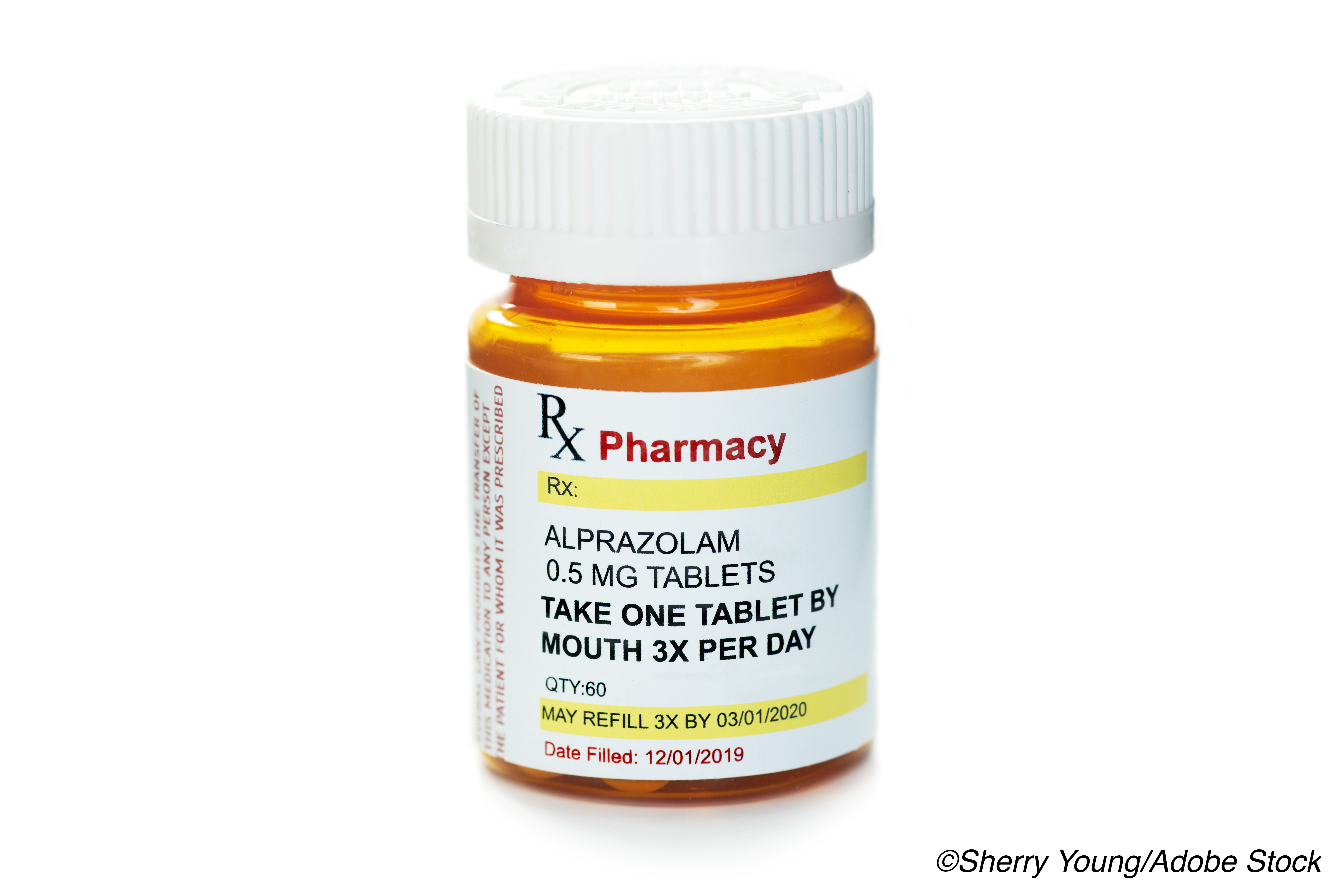WASHINGTON — The FDA is updating the Boxed Warning on benzodiazepines to include the risks for abuse, misuse, addiction, physical dependence, and withdrawal reactions in patients taking this class of drug.
“While benzodiazepines are important therapies for many Americans, they are also commonly abused and misused, often together with opioid pain relievers and other medicines, alcohol and illicit drugs,” said FDA Commissioner Stephen M. Hahn, MD, in an accompanying statement. “We are taking measures and requiring new labeling information to help health care professionals and patients better understand that while benzodiazepines have many treatment benefits, they also carry with them an increased risk of abuse, misuse, addiction and dependence.”
Benzodiazepines, which are used to treat generalized anxiety disorder, insomnia, seizures, social phobia, and panic disorder, are widely used in the U.S. — with an estimated 92 million benzodiazepine prescriptions dispensed in 2019, most commonly alprazolam (38%), clonazepam (24%), and lorazepam (20%) — and are commonly recommended for use for period of weeks or months, the FDA explained. However, physical dependence to these drugs can occur when they are taken over several days or weeks, and patients can experience withdrawal signs and symptoms if these medications are abruptly discontinued.
“Stopping benzodiazepines abruptly or reducing the dosage too quickly can result in acute withdrawal reactions, including seizures, which can be life-threatening,” the FDA wrote. “Prior to stopping benzodiazepines, patients should talk to their health care provider to develop a plan for slowly tapering the medication.”
Along with the update to the Boxed Warning for benzodiazepines, the FDA is requiring alterations to the Warnings and Precautions, Drug Abuse and Dependence, and Patient Counseling Information sections of the prescribing information for all products in this drug class and requiring revisions to existing patient Medication Guides in an attempt to educate patients and caregivers of these risks.
John McKenna, Associate Editor, BreakingMED™
Cat ID: 183
Topic ID: 70,183,183,730,192,144,146,725,925



Create Post
Twitter/X Preview
Logout